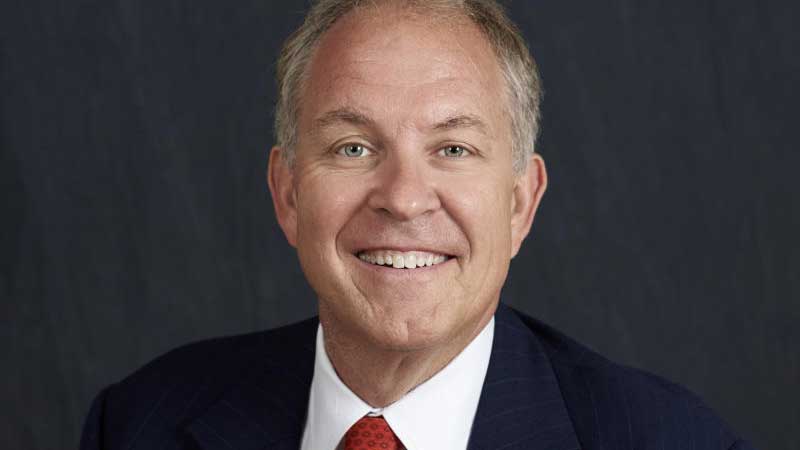×
The Standard e-Paper
Kenya’s Boldest Voice

GE Global Growth Organisation President (pictured) and Chief Executive Alex Dimitef’s work entails overseeing the company’s operations in emerging markets. He was recently on a visit to Kenya and had a chat with Weekend Business. Excerpts: